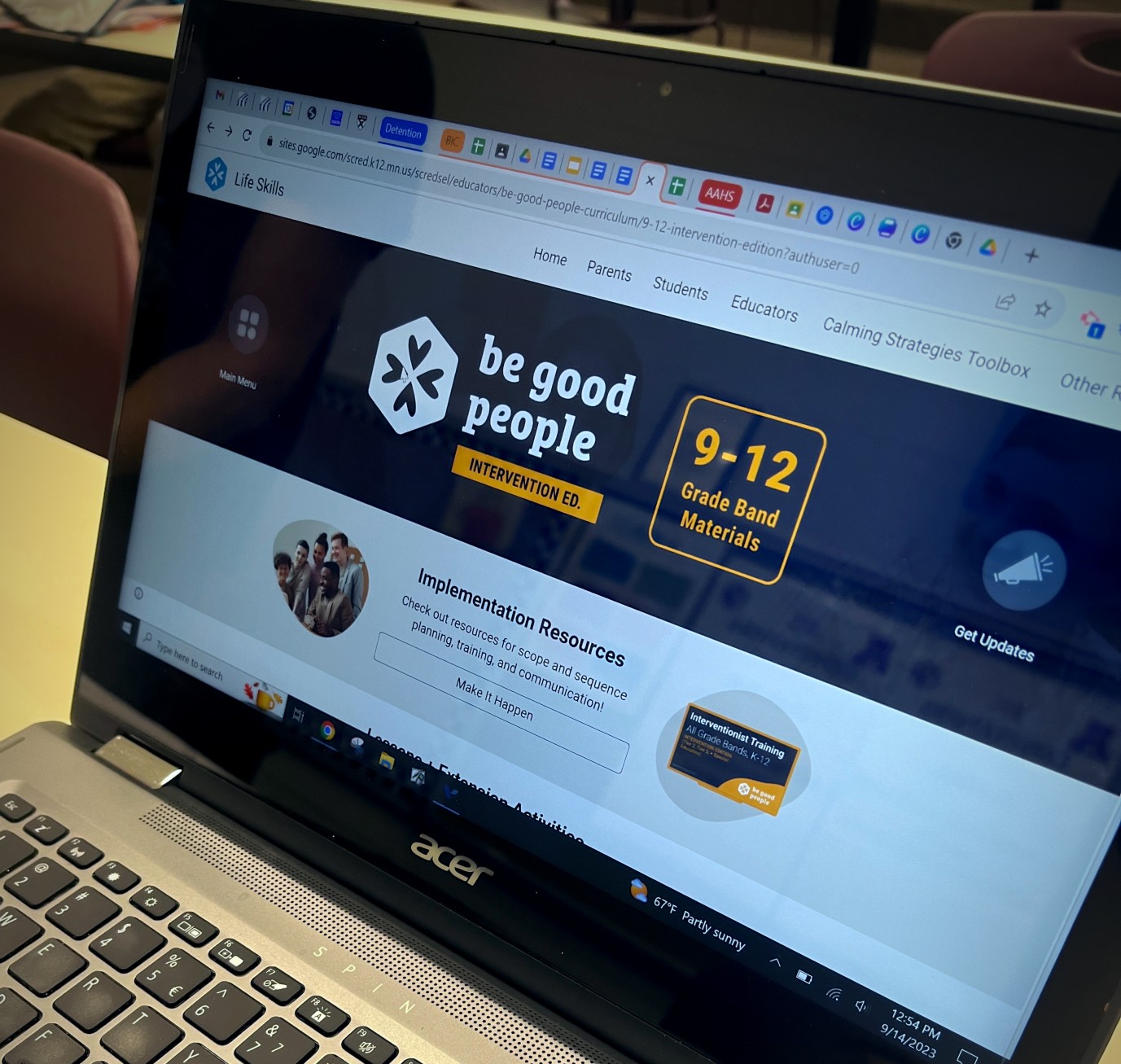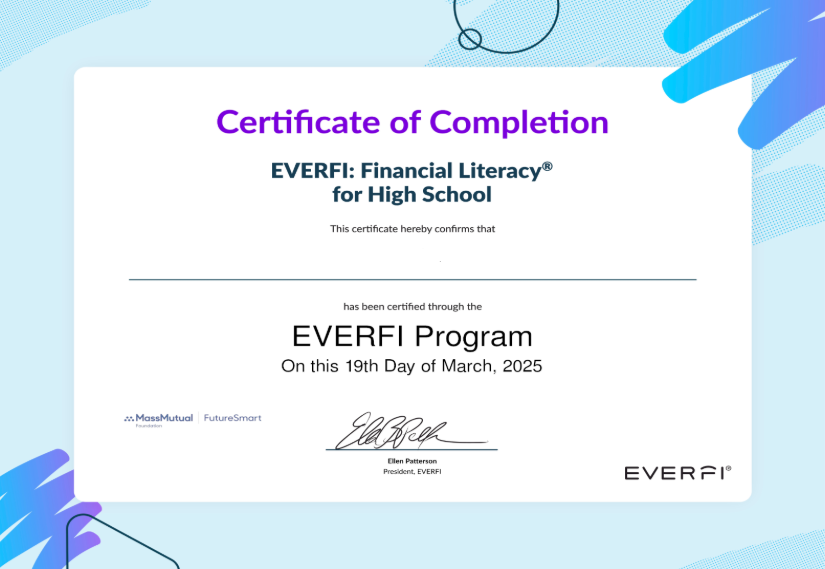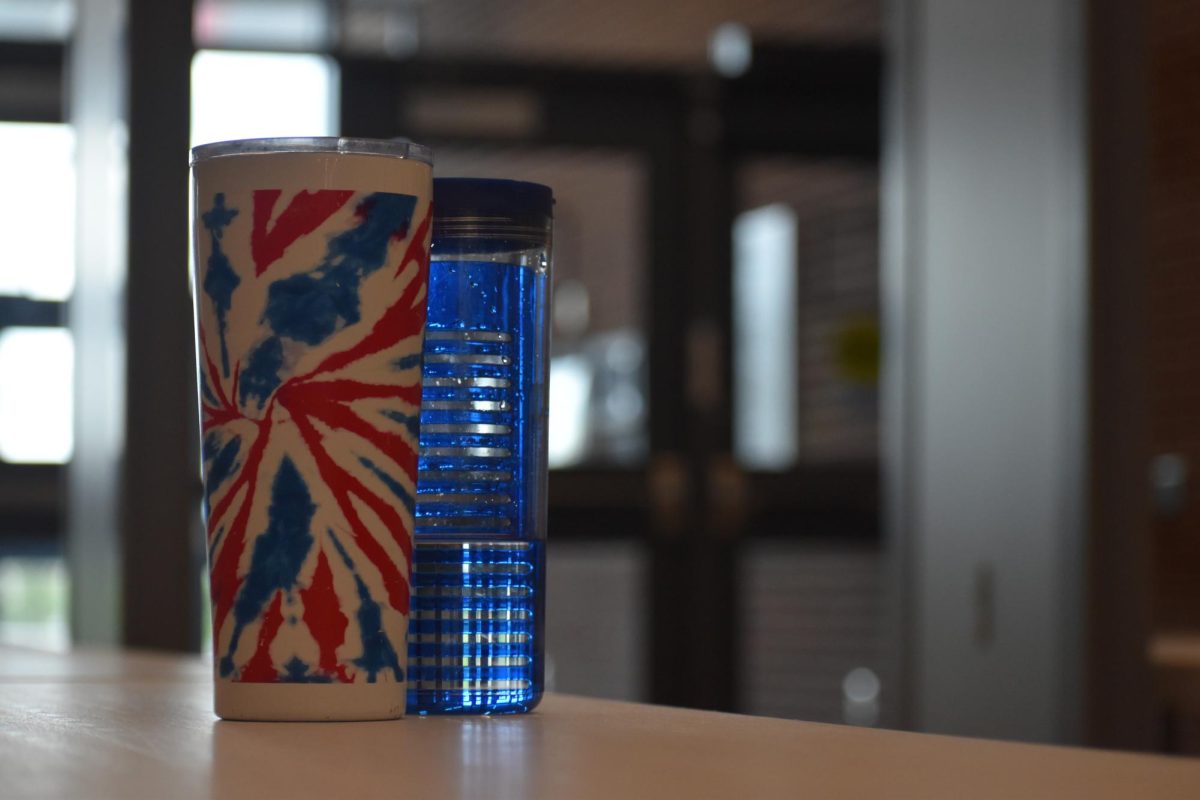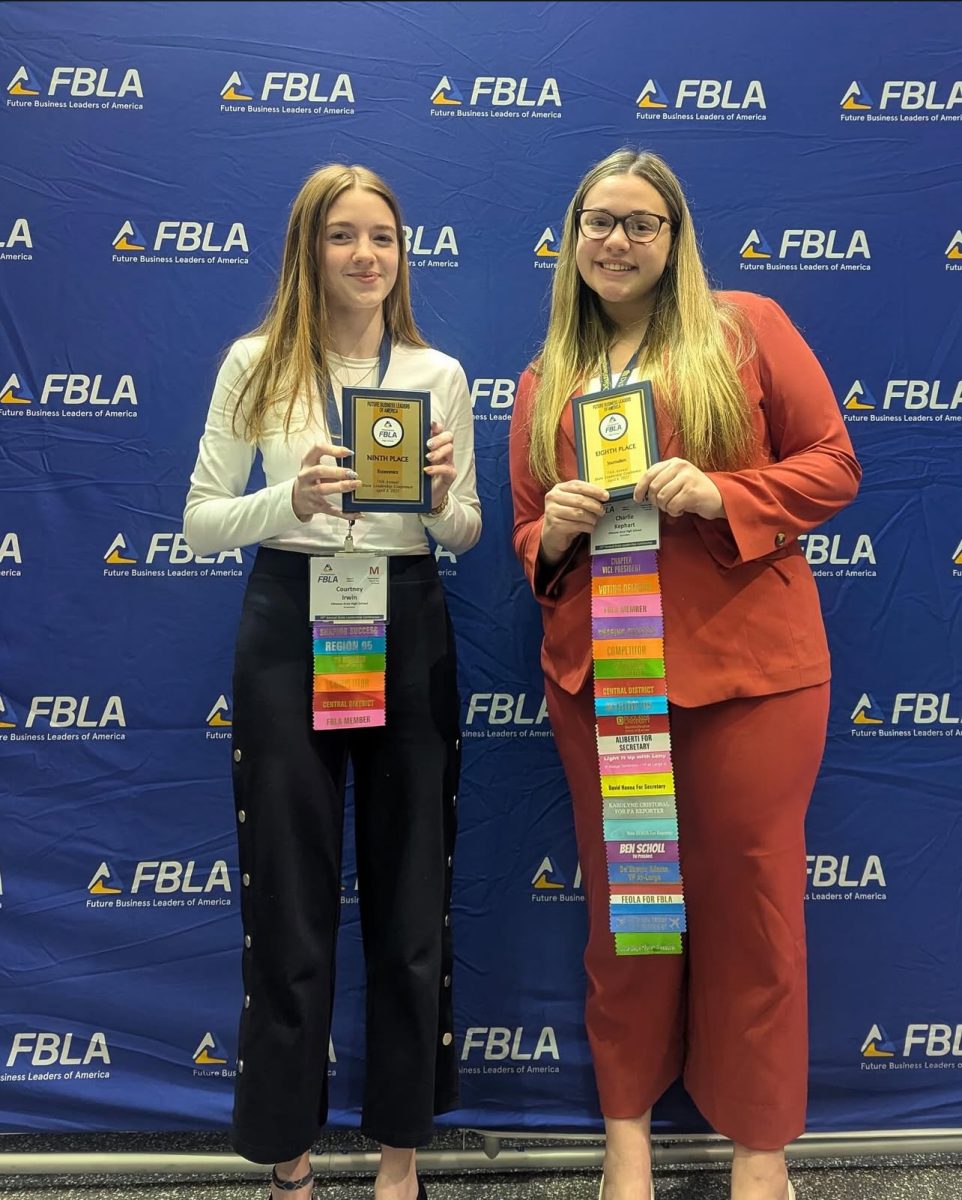Over the summer, administration met to discuss policies and changes to the Behavior Intervention Classroom. A new administrator, Adam Czankner who taught English Language Arts at Pleasant Valley Elementary and the junior high for several years, was hired as a Student Support Specialist for students in grades 9-12. One of Czankner’s duties is to meet with students for minor infractions of the Student Code of Conduct, while also assisting and overseeing students who are assigned Behavior Modification in the Behavior Intervention Classroom (BIC).
There were several changes made to the Behavior Intervention Classroom this year, including two new teachers assigned to be the BIC instructors.
“Mr. Simington and Mr. Stroh are both new to the school district as teachers but were once students here at AAHS,” Czankner said.
The new teachers are Corbin Stroh and Brinton Simington. Simington and Stroh take shifts during the day, where one instructor will work during the morning periods, then switch to have the other instructor take the afternoon periods. Prior to this year, teachers such as Thomas Fox, Kayla Musselman and Jennifer Cala were assigned to work in the BIC room.
While being a BIC instructor wasn’t his first choice, Simington also teaches health and PE at Kimmel.
Stroh, on the other hand, had a completely different experience. Originally, Stroh had applied for a different position but was soon called back and asked to take the BIC instructor position.
“I originally interviewed for another position that got filled. Mr. Nedimyer called me two days after to see if I’d be interested in the BIC instructor position until a health or physical education job opened up. As a former mountain lion, working in this district has always been my dream of mine so, of course, I decided to take the position,” Stroh said.
While getting two instructors was one of the many changes, more changes were also made.
The instructors and Czankner have added an element of discipline this year where students “shouldn’t enjoy coming to A225.” Along with that, they’re now more hands-on with the students in trying to figure out what got them to BIC and how they can better handle situations going forward.
Another change made was the implementation of a contract paired with a written reflection component.
“The reflection piece allows students to learn to take ownership of their actions and feelings, make responsible decisions and build and restore relationships here at AAHS,” Czankner said.
Social Emotional Learning Curriculum was also implemented during one period of the day for the students.
“The BIC Instructors and I will lead discussions each week for students to learn impactful SEL lessons to apply inside and outside of school,” Czankner said.
SEL is the process of developing the self-awareness, self-control and interpersonal skills that are vital for school, work and life success; similar to the freshman seminar class.
While Simington and Stroh mainly focus on correcting the behavior that got the student(s) in BIC in the first place and making corrections in those actions to be sure they won’t end up back in BIC, they set goals for the year.
“My goals for this year are to make some meaningful connections in as many students’ lives as I can. In my spare time, I’m a father of two and an eighth grade football coach, so I thoroughly enjoy helping kids and students get better in all different aspects. I also would like to see the number of students that return to BIC drop significantly compared to where it’s been in years past,” Stroh said.
“(My) main goal was to have no repeat offenders in BIC; however, we already missed the mark and had a repeat offender. A new goal is to hopefully impact most students to help them realize they are in control of their choices, and it is, ultimately, their choices and responses that determines the outcome of their life,” Stimington said.
Another new change is for students to have the opportunity to earn points with a new daily point log.
“BIC instructors award points to students for completing tasks throughout the day. For example, they earn points for completing assignments for all eight of their classes. Additionally, students can earn points for simple tasks like coming prepared with materials and demonstrating a positive, respectful attitude while in BIC. A student can earn 100 points daily and have an opportunity to have their last assigned day in BIC removed,” Czankner said.
While the instructors hope for fewer students to be in the BIC room along with making impacts, they have to figure out why students are ending up in the room in the first place.
“I think a lot of students end up in BIC because they don’t necessarily know how to handle stressful or overwhelming situations well yet. As teens, students are still developing and are under so much stress that sometimes they act before logically thinking about what’s right and what’s wrong,” Stoh said.
“I think so many students end up in BIC because many kids lack guidance and an understanding of social norms, especially since COVID-19 it seems as if many students lack the maturity that high school students are expected to have and they seem to think they can do whatever it is that they want,” Stimington said.








